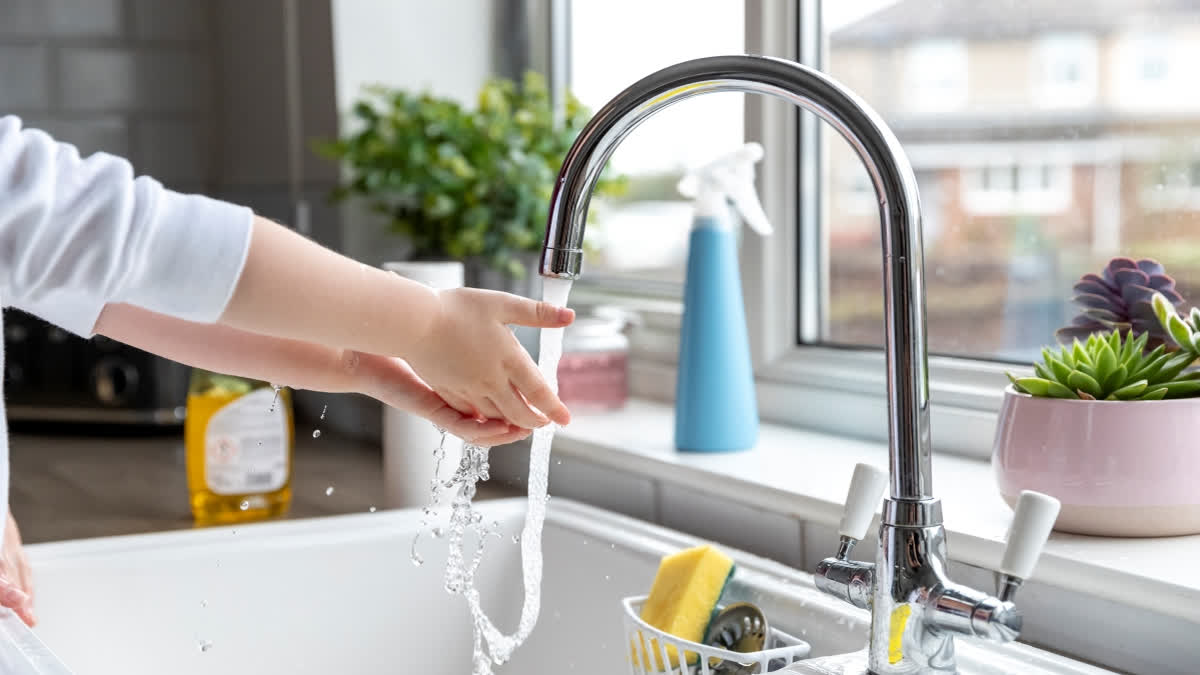Hand washing with soap and water is one of the simplest, most effective ways to stop the spread of germs and stay healthy. Keeping hands clean can help prevent diarrheal illnesses and respiratory infections, such as the common cold or flu. October 15 is Global Hand washing Day, a global advocacy day dedicated to increasing awareness and understanding about the importance of hand washing with soap as an effective and affordable way to prevent diseases and save lives.
Background
Global Hand washing Day was founded by the Global Hand washing Partnership, and is an opportunity to design, test, and replicate creative ways to encourage people to wash their hands with soap at critical times. Global Hand washing Day is celebrated every year on October 15th.
The first Global Hand washing Day was held in 2008, when over 120 million children around the world washed their hands with soap in more than 70 countries. Since 2008, community and national leaders have used Global Hand washing Day to spread the word about hand washing, build sinks and tippy taps, and demonstrate the simplicity and value of clean hands.
Since then, Global Hand washing Day has continued to grow. Global Hand washing Day is endorsed by governments, schools, international institutions, civil society organizations, NGOs, private companies, individuals, and more.
Theme 2024
- The 2024 Global Handwashing Day theme is “Why are clean hands still important?”
- Why are clean hands still important?: Key facts
- People frequently touch their eyes, nose, and mouth without even realizing it. Germs can get into the body through the eyes, nose and mouth and make us sick.
- Germs from unwashed hands can get into foods and drinks while people prepare or consume them. Germs can multiply in some types of foods or drinks, under certain conditions, and make people sick.
- About 1.8 million children under the age of 5 die each year from diarrheal diseases and pneumonia, the top two killers of young children around the world.
- Handwashing with soap could protect about 1 out of every 3 young children who get sick with diarrhea, and almost 1 out of 5 young children with respiratory infections like pneumonia.
- Although people around the world clean their hands with water, very few use soap to wash their hands. Washing hands with soap removes germs much more effectively.
- Handwashing education and access to soap in schools can help improve attendance.
- Good handwashing early in life may help improve child development in some settings.
- Estimated global rates of handwashing after using the toilet are only 19%.
- Handwashing can prevent about 30% of diarrhea-related sicknesses and about 20% of respiratory infections (e.g., colds).
Clean Hands Save Lives
